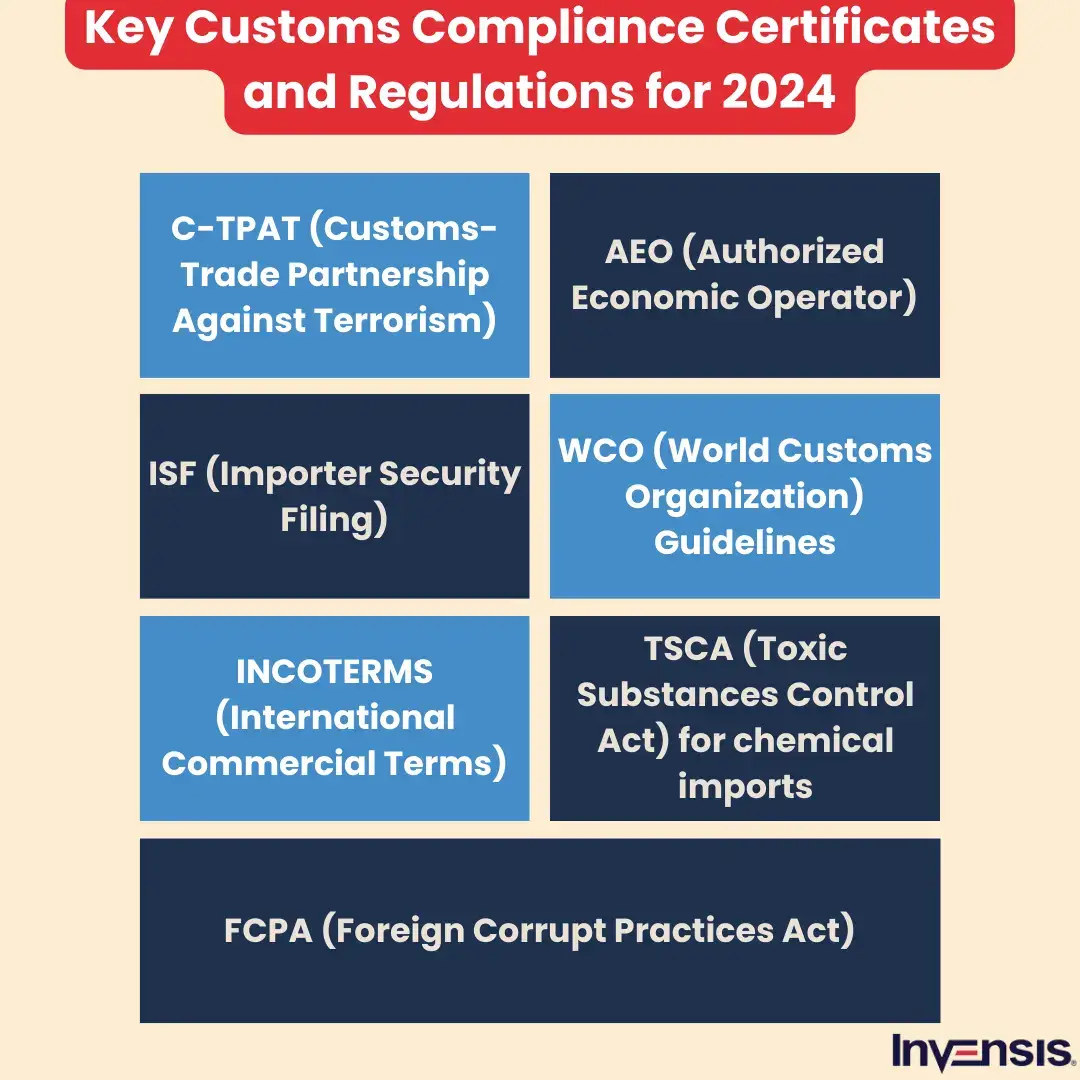As Slovakia continues to integrate into the global economy, the government has announced significant updates to its customs regulations effective from January 1, 2024. These changes are poised to impact a wide array of businesses engaged in import and export activities. This article delves into the new customs regulations in Slovakia and outlines the key changes businesses need to be aware of to ensure compliance and streamline their international trade operations.
New Customs Regulations in Slovakia for 2024
Slovakia’s new customs regulations for 2024 are part of a broader effort to align with European Union standards and enhance trade efficiency. One of the most notable changes is the introduction of a centralized electronic customs clearance system. This system aims to reduce paperwork, speed up processing times, and increase transparency in customs procedures. Businesses will now be required to submit all customs declarations electronically, a shift that necessitates upgrading existing IT infrastructure for some companies.
Another significant update is the revision of tariff classifications and duty rates. The Slovak government has re-evaluated the Harmonized System (HS) codes to better reflect current market conditions and trade practices. This reclassification could result in changes to duty rates for various goods, impacting cost calculations for imports and exports. Businesses must stay informed about these updates to avoid unexpected expenses and ensure accurate pricing strategies.
Additionally, Slovakia has introduced stricter regulations on the import of certain goods, particularly those related to health, safety, and environmental standards. New compliance requirements for products such as chemicals, pharmaceuticals, and electronics will necessitate thorough documentation and adherence to specified standards. Companies failing to meet these requirements could face delays, fines, or even prohibition of their goods from entering the Slovak market.
Key Import and Export Changes for Businesses
For businesses involved in importing goods into Slovakia, the most immediate concern will be adapting to the new electronic customs clearance system. This change means that all import declarations must be submitted digitally, and companies will need to ensure that their internal systems are compatible with the new platform. Training staff to navigate this system efficiently will be crucial to avoid processing delays and ensure smooth transitions.
Exporters will also face new challenges, particularly with the revised tariff classifications. Goods previously categorized under certain HS codes may now fall under different classifications, affecting duty rates and export documentation. It is essential for businesses to review these changes carefully and adjust their export documentation and pricing models accordingly. Consulting with customs experts or using specialized software can help mitigate the risks associated with these changes.
Moreover, the new regulations place a stronger emphasis on compliance and enforcement. Businesses will need to maintain meticulous records and be prepared for increased scrutiny from customs officials. This includes ensuring that all products meet Slovak and EU standards, particularly for sensitive items such as food, medical supplies, and electronics. Regular audits and compliance checks will become more common, and companies must be proactive in their preparation to avoid costly disruptions.
In summary, the new customs regulations in Slovakia for 2024 present both challenges and opportunities for businesses engaged in international trade. The shift towards electronic customs clearance, revised tariff classifications, and stricter compliance requirements necessitate thorough preparation and adaptation. By staying informed and proactive, businesses can navigate these changes effectively, ensuring continued success in the Slovak and broader European markets.
